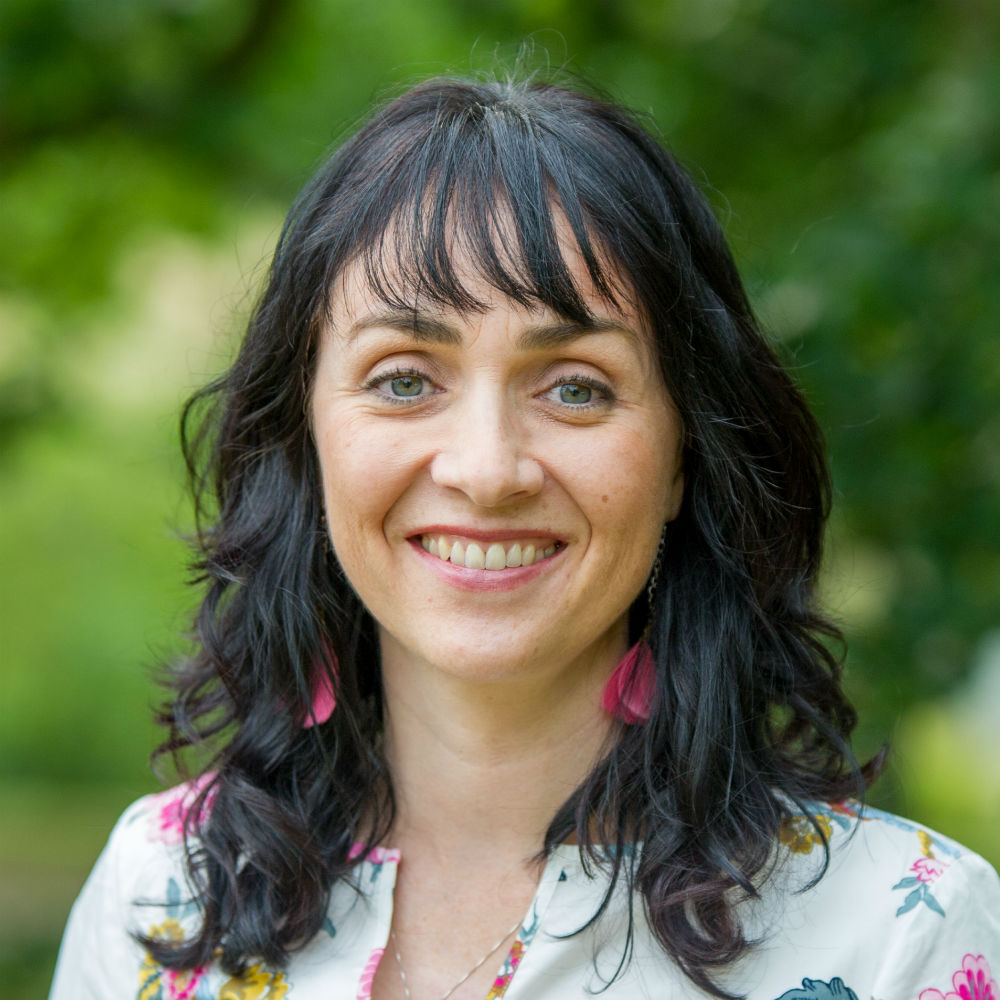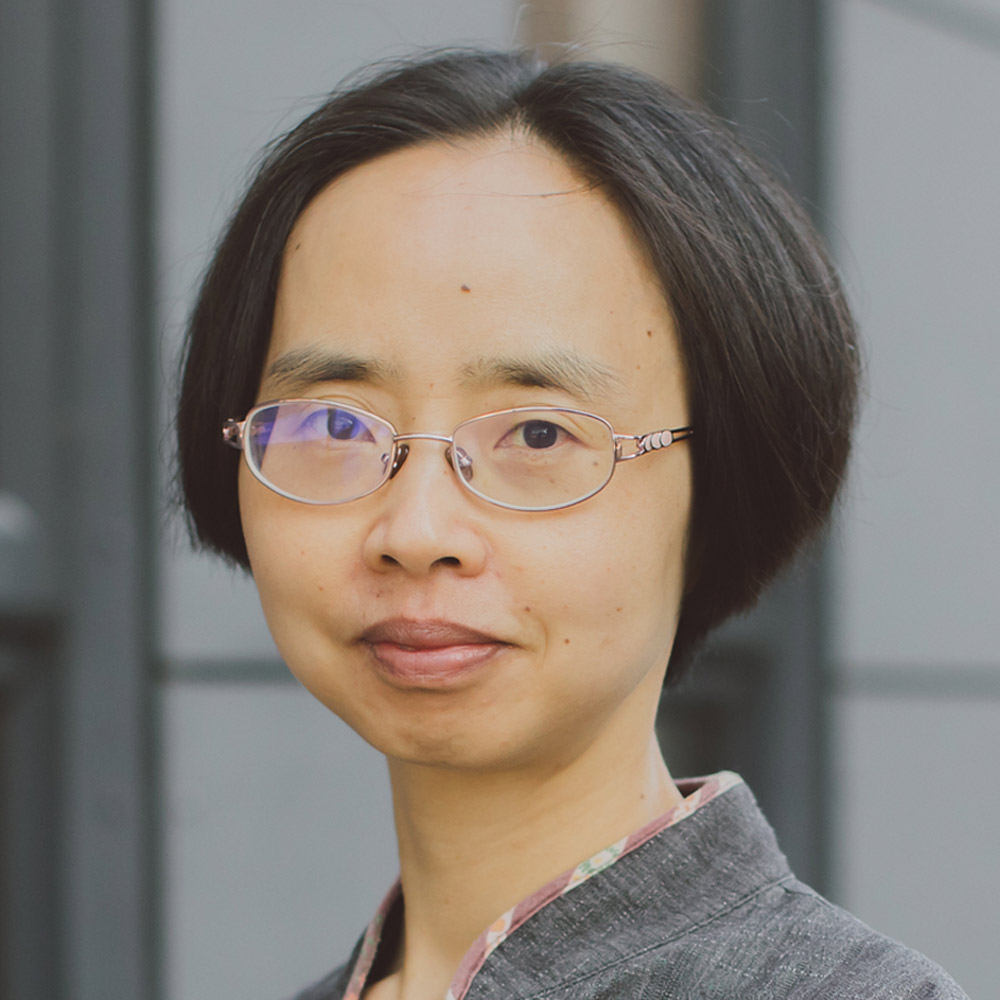Art History Lead
Philosophical, Historical, and Interdisciplinary Studies,
Essex
How do artworks, buildings, and other forms of visual culture address the bodies and minds of spectators? This is the core issue that animates all my research and research-led teaching. How, for example, does the rough texture of a painting, the angled walls of a corridor or the expanse of wet sand under our feet in an installation artwork shape our experiences of not just a particular artwork or building but also the world in which we live? Ultimately at stake in such questions is a more nuanced understanding of how forms of visual culture speak to audiences and make them think more critically about the socio-political issues that (re)define the environments that we inhabit.

















